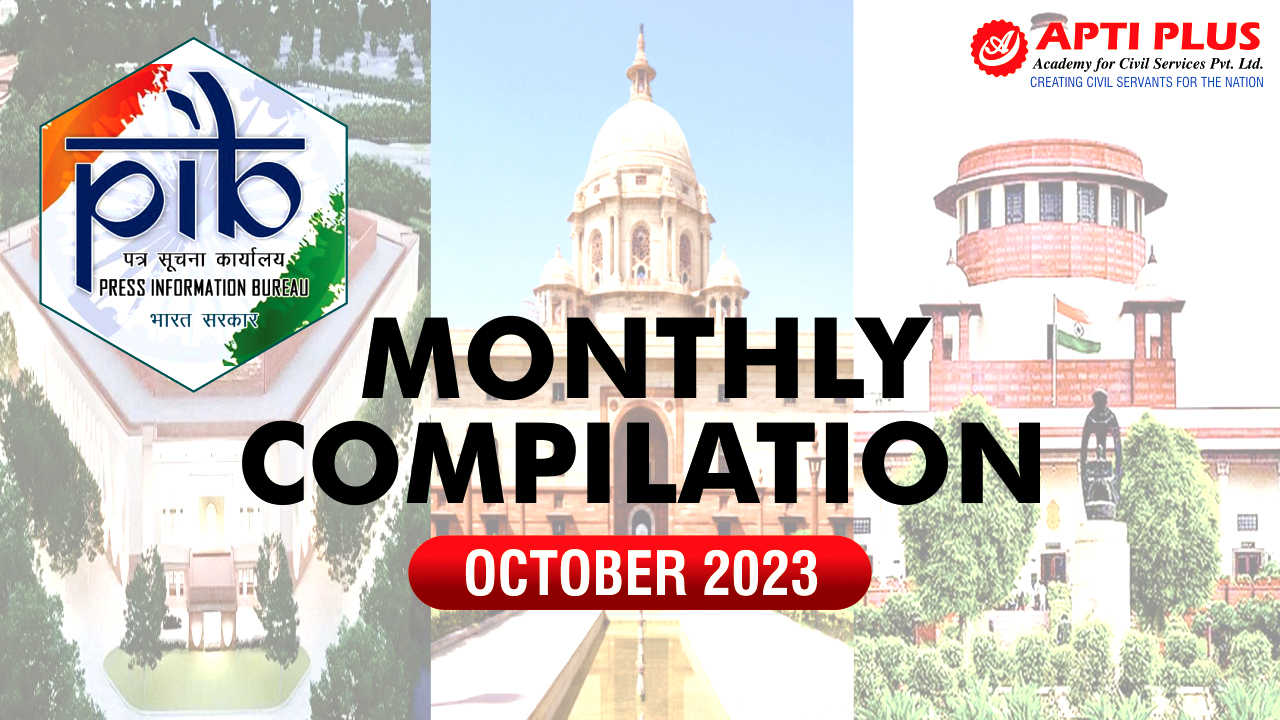Description

Disclaimer: Copyright infringement not intended.
Context
- Prime Minister Shri Narendra Modi announced the launch of two India-led initiatives: the Global Digital Public Infrastructure Repository and a Social Impact Fund.
Global Digital Public Infrastructure Repository
About
- The Global Digital Public Infrastructure Repository is an initiative of the Indian G20 Presidency.
- The GDPIR is designed to be a resource for key lessons and knowledge available from G20 members and guest countries, enabling easy discoverability.
Aim
- It is aimed at addressing the existing knowledge gap around the right practices to design, build, and deploy population scale DPI.
Important Feature
- Each participant, based on whether their DPI is built on open platforms, APIs, standards, and protocols, can choose to display any information at their discretion, which can help others to develop their DPI.
What purpose does the repository serve?
- The IT Ministry-developed repository serves as a “resource hub” for global DPI projects by various governments.
- Current examples on the website include India’s Aadhaar and DigiLocker, Singapore’s National Digital Identity system, the European Union’s Digital Identity Wallet, and more.
- Its primary aim is to bridge the knowledge gap in the choices and methodologies required for the design, construction, deployment, and governance of DPIs.

What about the Social Impact Fund?
- The fund will financially support countries developing DPIs, providing “upstream technical and non-technical assistance”.
- The platform allows other governments, international organizations, and philanthropies to contribute to the fund too.
- India has pledged an initial commitment of $25 million (USD) to the fund.
Concerns and Resolution
- India’s DPI push largely focused on how governments can use DPI to improve governance and service delivery.
- However, doing so raises questions on two fronts.
- First, the rapid digitization of governance in developing countries may still lead to unequal access to services, especially for those who lack the digital skills or awareness to use these DPI tools in the first place.
- Second, DPIs involve collecting vast amounts of citizen data—without robust data protection by the state, millions, if not billions, may find themselves exposed to acute privacy risks.
- India may still need to improve substantially on this front if recent reports of breaches of millions of peoples’ Aadhaar data are anything to go by.

Significance
- The sharing of digital resources and codes will help India grow its profile as a digital leader.
- For India, this means evolving as an infrastructure provider in a digital economy world.
- This also helps India to carve out a strategic and differentiative positioning compared to other nations who are, say, strong in hardware like China.
|
PRACTICE QUESTION
Q. What do you understand by Global Digital Public Infrastructure Repository? What purpose does the repository serve? Elucidate.
|









